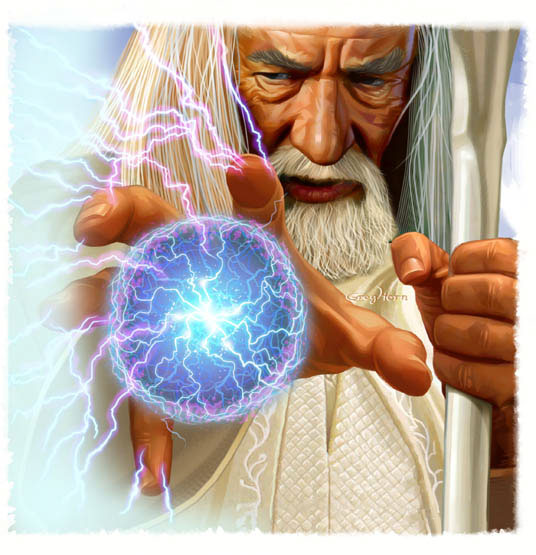History tells us of wizards in the stories
of Siberian shamans, in prose by the classical Roman
poet Virgil, in the medieval and Renaissance
eras including Dr. John Dee (1527–1608),
and also we get our ideas of wizards from famous fictional practitioners of wizardry
such as Tolkien’s Gandalf, and shamans in
South America and India and in Celtic lore
and fable.
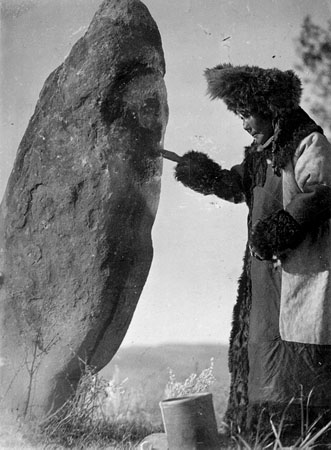
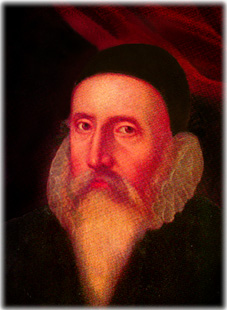
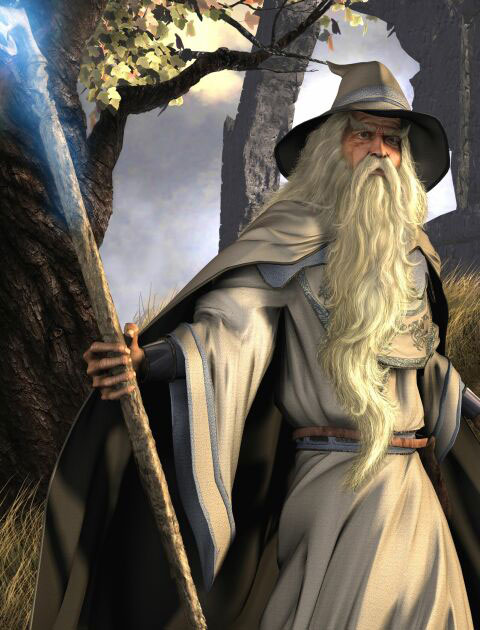
The
traditional role of the wizard is portrayed as
prophet, visionary and master of nature’s
elements. The wizard is the genius who works
with nature to transform himself and
others...

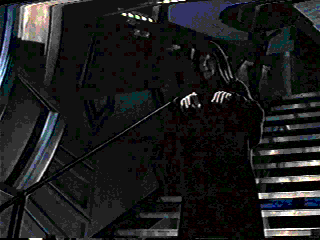
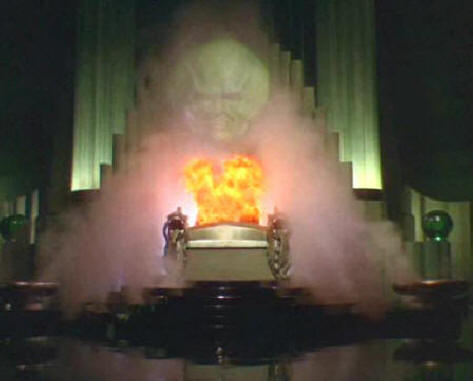
There were good and evil wizards
in history, literature and legend, from the medieval
Gilles de Rais to the influences that shaped
the modern Star Wars
legend of the Emperor versus Obi wan
Kenobi, and the Wizard of Oz, or Emperor Ming of
Flash Gordon, or the scientist Dr. Edward
Morbius in the movie
Forbidden Planet.
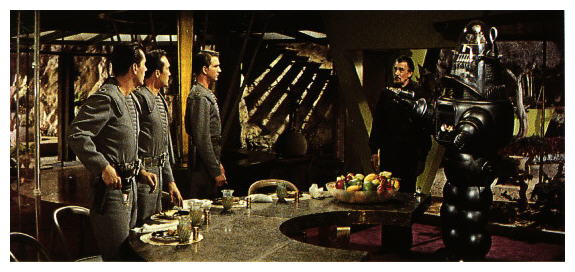
In many ways, even Albert Einstein was a
modern day 'Wizard'.
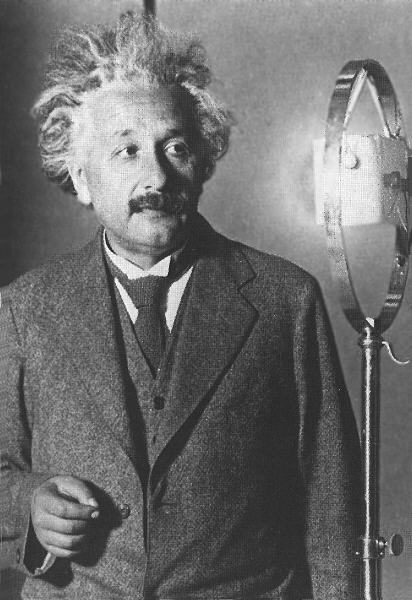
Wizards are depicted in
stories as an alchemist, such
as Merlin the wizard of the Arthurian
legends...
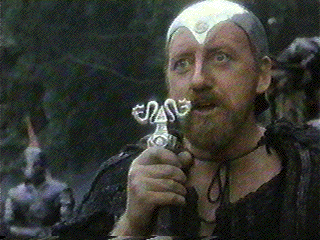
Wizards are also seen as
keepers of secret knowledge and seekers of arcane
knowledge and truth,
who share that knowledge with their responsible
apprentices in order to pass on that precious
knowledge they have acquired. They are
feared for their power that comes from that
knowledge, and revered for their ability
with things that others cannot readily
understand. They keep alive
their 'knowledge trust' for future generations to
benefit the community they serve...and they
are truly guardians
of human ingenuity, and protectors of
practical wisdom.
